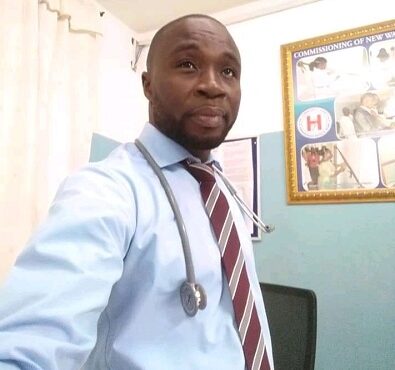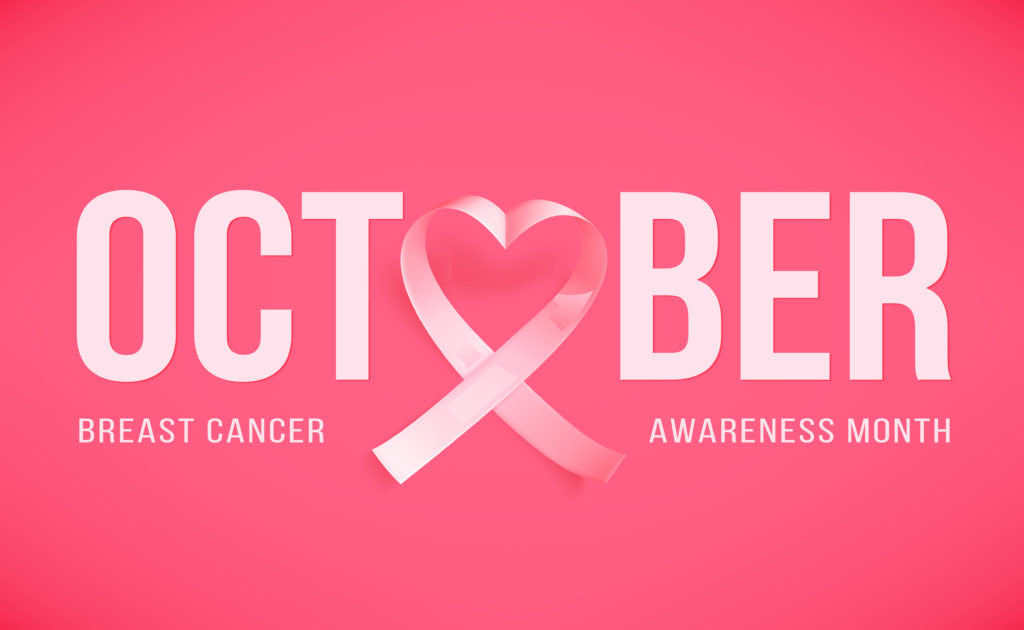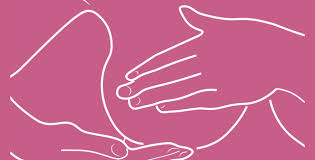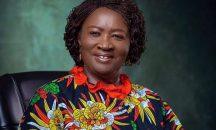Breast cancer not death sentence – Dr. Richard Baiden

Dr. Richard Baiden
Inasmuch as breast cancer is a complex condition and remains the commonest form of cancer in women, according to experts, there is still a ray of hope for women who have been diagnosed with the condition.
As part of The Spectator Breast Cancer Awareness Campaign, we caught up with Dr. Richard Baiden, the Medical Director at the Kaneshie Medical Centre in Accra, who debunked some myths and allayed ‘fear’ about the disease.

Highlighting some risk factors and the general incidence of the illness, he noted that women [or even men] should not fret when diagnosed with breast cancer as “there is treatment for every stage of the disease.”
He admitted that the treatment processes required many expert hands, nonetheless, people battling the condition should not lose hope.
“Some people think being diagnosed with breast cancer is a death sentence but that is not entirely true. It can be cured when detected early and there is treatment for virtually every stage of breast cancer,” he said.

One of his concerns, however, was how some husbands left their wives after they (women) had been diagnosed or continued to seek treatment for breast cancer.
Dr. Baiden, therefore, counselled men to support their spouses in every step of the treatment, adding that health workers managing women with breast cancer should rope in the men.
“Right from the beginning, if women are diagnosed with breast cancer, the men (or their partners) should also be taken through the [treatment] journey their wives will be going through.
“There are some homes where men have left their wives because their partners have undergone Mastectomy (breast removal surgery).
“Even if a woman undergoes breast removal surgery there are breast reconstructive surgeries that could help restore some kind of breast so if the men have this kind of understanding, I think they would be supportive of their wives,” he observed.
Myths
According to the medical practitioner, some breast cancer cases which were reported at advanced stages were as a result of people attaching spiritual meanings to the disease at its initial stages.
“A lot of people misinterpret and treat the swelling that comes with breast cancer as a normal boil and tend to adopt all forms of unconventional treatment before they eventually report to the hospital when things are going out of hand,” he said.
This practice, he noted, should be discouraged adding that women should endeavour to report any abnormal changes they observe in their breasts to health personnel.
Chemotherapy
Responding to the ‘fear’ some patients have for chemotherapy as a form of treatment for breast cancer, Dr. Baiden explained that breast cancer treatment was not limited to chemotherapy and that treatment was “unique to different people as there are different types of breast cancer.”
“There are people who come to the hospital with breast cancer and never go through chemotherapy; all they may need is surgery or some other forms of treatment. So, depending on the type and stage of your breast cancer, you may not even have to go through chemotherapy.
“But even if you have to go through chemotherapy and ultimately get a cure, why not go for it?” he asked.
Dr. Baiden again urged practitioners at smaller health facilities to promptly refer suspected cases of breast cancer to bigger facilities where “patients could receive all the care they need.”
He further touched on the essence of “patient-to-patient interaction” during the treatment process, where breast cancer survivors are brought on board to encourage people who have been newly diagnosed of breast cancer.
Funding
While calling for a “robust national policy” regarding the management of breast cancer in the country, the Medical Director stressed there should be more multi-stakeholder education and advocacy “on a daily basis about breast cancer and the education should not be left to health workers alone.”
He admitted that the treatment or management of breast cancer was expensive hence the need for government and non-governmental agencies to continue providing funding support for health facilities across the country.
“A drug called Herceptin which is supposed to fight one of the very aggressive forms of breast cancer is expensive. One shot of this drug is about GH¢ 6,000 and a patient may need it at least every three weeks [or for as long as doctors prescribe]. But health insurance for this drug is only up to one year.
“So the question is if the insurance covers you for a year, and you still need the drug after one year, what are you going to do?” he asked.
By Ernest Nutsugah














